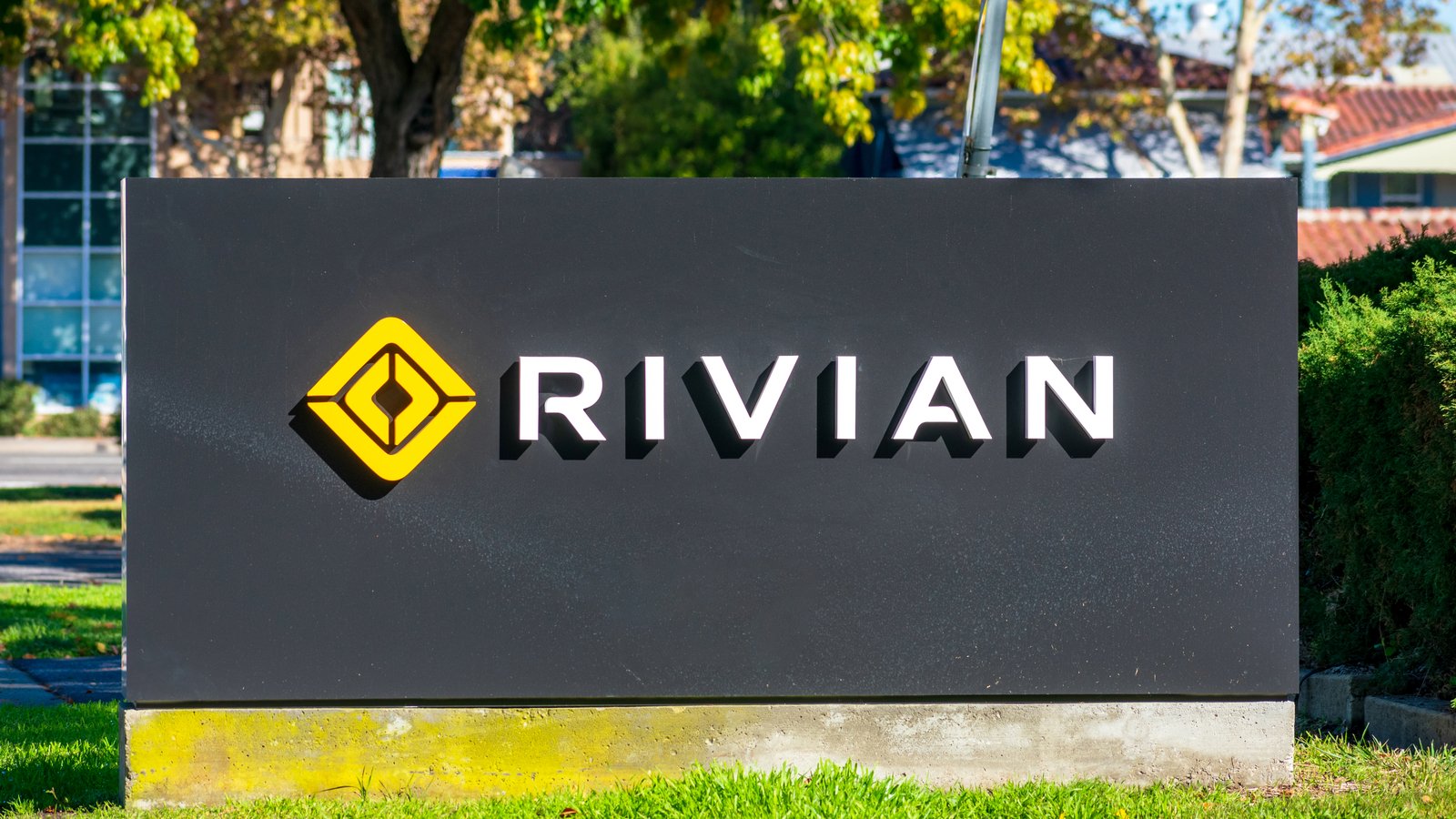In a shocking development, a Form 13-F filing revealed that a major investor slashed his share position in electric vehicle (EV) manufacturer Rivian Automotive (NASDAQ:RIVN). Does this mean it’s time for you to sell RIVN stock? You have to make your own final decision, but recent data points to potential problems for Rivian Automotive and its stakeholders.
Generally speaking, there’s nothing wrong with investing in EV makers. MotorTrend revealed that 78% of active automotive shoppers are “very interested” in EVs. Plus, almost 50% of potential car buyers said they’ll definitely or at least probably purchase an electric or hybrid vehicle in the next five years.
However, this doesn’t mean Rivian Automotive is the best EV manufacturer to bet your hard-earned money on. So, let’s find out who lightened his share position in Rivian Automotive and why he might have chosen to do this.
George Soros’ Fund Hits the ‘Sell’ Button on RIVN Stock
Here’s an example of why it’s a good idea to monitor financial filings on a regular basis. Reportedly, Soros Fund Management, which is run by George Soros, sold 10.76 million shares of RIVN stock in this year’s first quarter.
With that, Soros’ fund reduced its position in Rivian Automotive by 75%. It’s possible, but highly unlikely, that this was merely an instance of profit-taking. After all, the Rivian Automotive share price has been on a long-term downward path since late 2021.
Even though Soros’ fund still held 3.57 million shares of RIVN stock, the fund’s selling activity made a loud and clear statement. I can’t say definitively why Soros Fund Management significantly reduced its stake in Rivian Automotive, but there are many reasons to worry about the automaker’s future prospects.
Don’t Assume Rivian Automotive Will Sell Many Vehicles
From Larry Ramer’s excellent article on Rivian Automotive, I learned that Rivian CFO Claire Rauh McDonough expects the company to produce 400,000 of its upcoming R2 SUVs every year, starting in 2027. That’s quite a leap from Rivian Automotive’s current production pace.
I’ll be surprised if Rivian manages to achieve its current-year goal of producing 50,000 EVs. The company isn’t on track to achieve that objective, having only produced 9,395 vehicles during 2023’s first quarter.
Furthermore, bear in mind that not all of those produced EVs were actually sold. Alarmingly, Rivian Automotive only delivered 7,946 vehicles in Q1. Turning to the bottom line, Rivian reported total sales of $661 million during the first quarter of this year, missing the analyst consensus estimate of approximately $664 million.
Additionally, it’s going to be difficult for Rivian Automotive to sell many vehicles if the company persists with its current pricing strategy. It’s been reported that the average cost of an EV is $55,000. Meanwhile, the Rivian R1T model starts at $73,000 and the R1S model starts at $78,000.
It seems, then, that Rivian Automotive is overly focused on luxury while ignoring the affordability factor. We’re all living in a time of elevated inflation and macroeconomic uncertainty. Consequently, many shoppers want reasonably priced EVs and Rivian might end up pricing itself out of the market.
It’s Time to Let Go of RIVN Stock and Move On
Ramer believes that the Rivian Automotive share price “can surge more than 10-fold by early 2028 to $165.” Anything’s possible on Wall Street, and I highly respect Ramer’s opinion. Yet, I’m not prepared to lean bullish on Rivian Automotive.
Soros might happen to agree with me on this. At least we can say that his fund has a much smaller stake in Rivian Automotive than it once did. It’s hard to be optimistic about the automaker, given its current small-scale EV production and even smaller-scale deliveries.
At the end of the day, you have to decide what you want to do with RIVN stock. Like Soros’ fund, you can sell most of your share position if you already have one. Personally, I think the safest policy would be to have no share position at all in Rivian. It’s a promising EV maker, in some respects. Still, I’m not seeing the necessary vehicle delivery numbers to justify a confident investment in Rivian Automotive.
On the date of publication, David Moadel did not have (either directly or indirectly) any positions in the securities mentioned in this article. The opinions expressed in this article are those of the writer, subject to the InvestorPlace.com Publishing Guidelines.
